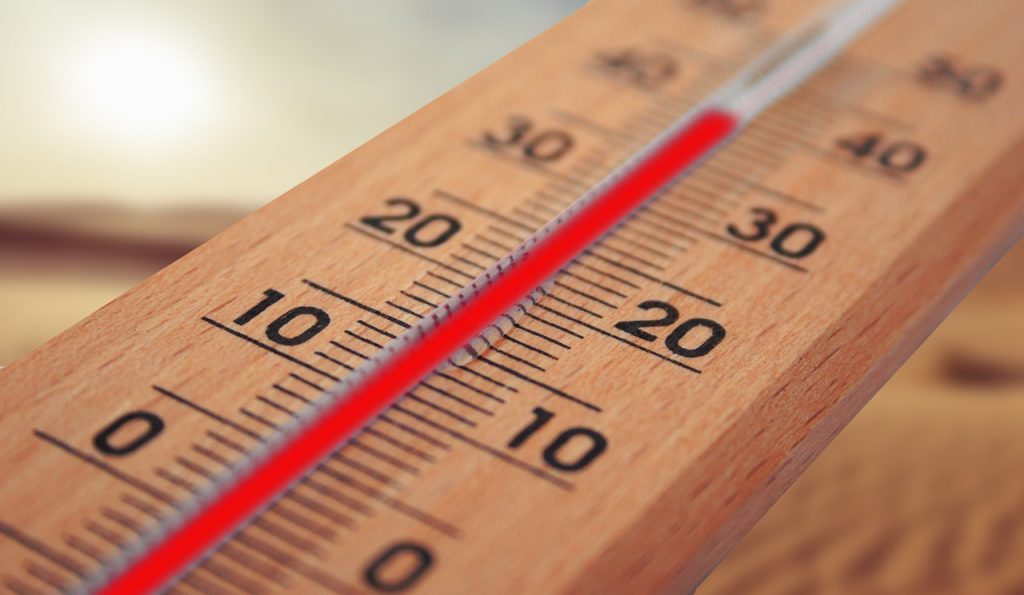July heatwave ‘extremely unlikely’ without climate change

August 6th, 2019
Last month’s European heatwave would have been “extremely unlikely” without climate change, a new analysis has found.
According to a report released by the World Weather Attribution Network, the multiple days of extreme heat across the continent at the end of July were incredibly rare events, and in the case of the Netherlands and France, made up to 100 times more likely due to climate change.
Recent data also revealed that July narrowly surpassed July 2016 as the hottest month on record.
The World Meteorological Organization (WMO) noted that this new record was “particularly significant” as the set of July 2016 temperatures took place during one of the strongest occurrences of the El Nino phenomenon.
El Nino events occur approximately every five to seven years and subsequently warm the ocean and atmosphere which causes an increase in temperature. This year has not witnessed a strong El Nino occurrence, the WMO observed.
“WMO expects that 2019 will be in the five top warmest years on record and that 2015 – 2019 will be the warmest of any equivalent five-year period on record,” WMO Secretary-General Petteri Taalas said.
“This is not science fiction. It is the reality of climate change. It is happening now and it will worsen in the future without urgent climate action,” Mr Taalas added.

Records broken across Europe
The heatwave’s origin was attributed to warm air traveling up from North Africa and Spain which then made its way from Central Europe to Scandinavia and comes just a month after a similarly record-breaking heatwave swept across the continent.
Paris recorded its hottest ever temperature on 25 July of 42.6 C, and the French energy company EDF announced that it would pre-emptively and temporarily close the two reactors at the Golfech nuclear power plant due to the heat.
The Netherlands shattered a 75-year-old temperature record during the heatwave, as did nearby Belgium and Luxembourg.
Germany also officially experienced its warmest day by almost 1 C on 25 July and in parts of the country, Autobahn speed limits were lowered due to concerns that the motorways could incur heat-related damage, the Washington Post reported.
The United Kingdom recorded its highest ever national temperature in Cambridge and the Met Office’s own research demonstrated that climate change made the heatwave 30 times more likely to occur in the United Kingdom. By 2050, the British weather forecaster says, such events are expected to occur every other year.
The high temperatures also climbed northward up to Scandanavia where temperature records were also broken in both Finland and Norway, the latter observing “tropical night” conditions in over 28 locations.
After departing the European continent, the heatwave travelled to Greenland which has accelerated ice sheet melting and resulting in massive Arctic ice loss, Al Jazeera reported.
The World Weather Attribution Network did note that authorities across Europe were better prepared for the 2019 heatwave when compared to its 2003 ancestor where more than 15,000 people died in France alone as a result of high temperatures.
The Netherlands has established a “National Heatwave Action Plan”, France has installed its own “Plane Canicule”, Germany now implements a heatwave warning system and the UK has its own “The Heat Wave Plan for England”.
However, the report also notes the continent remains highly vulnerable to heat extremes as approximately 42 per cent of its population are over 65 and vulnerable to heat risks.
High temperatures, the World Health Organization says, put the elderly at risk as well as infants and children, pregnant women, outdoor and manual workers, athletes, and poorer factions of society.
[x_author title=”About the Author”]







